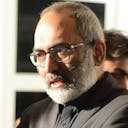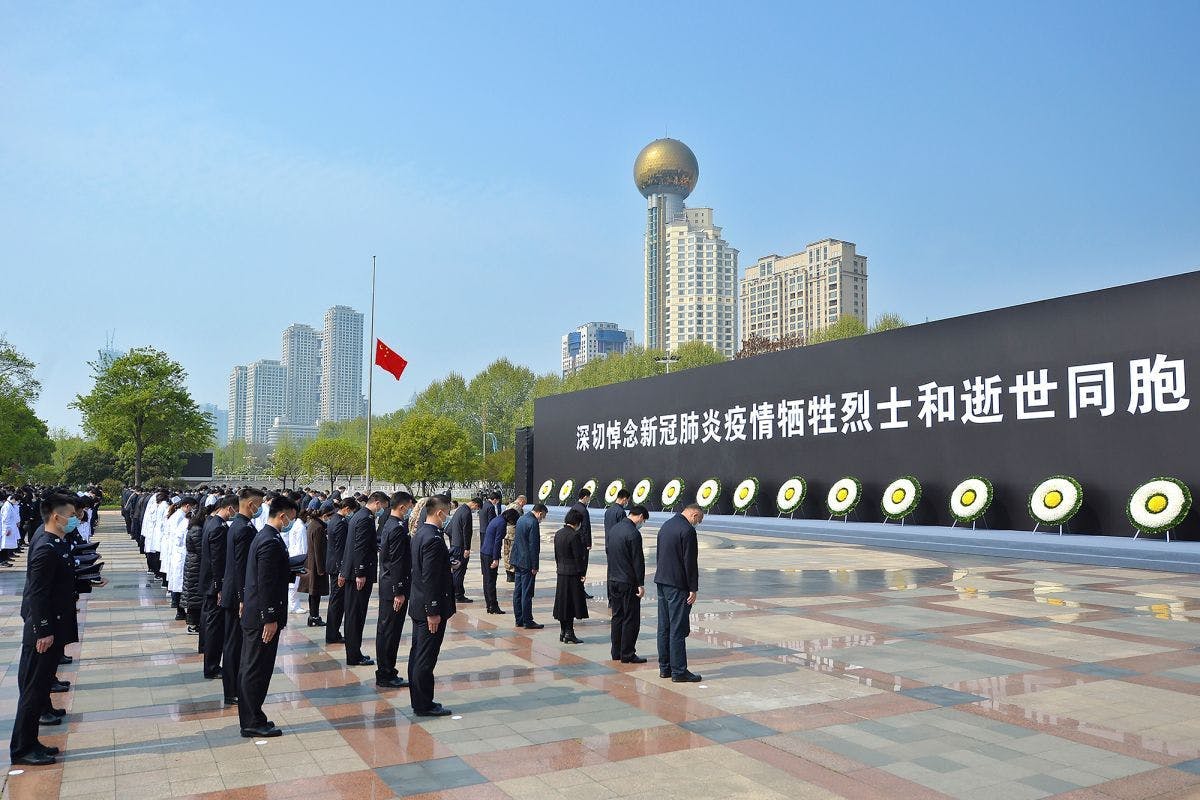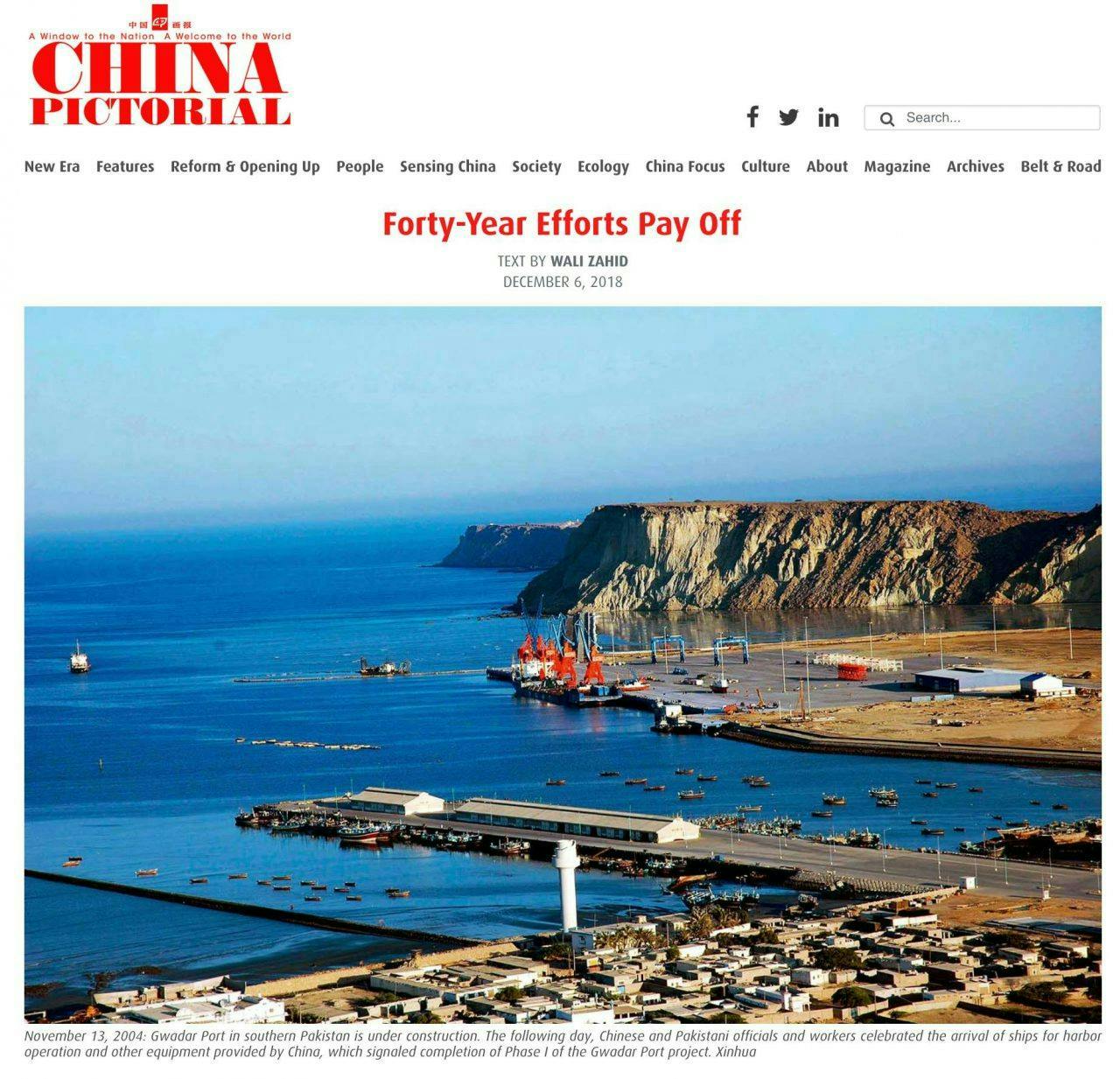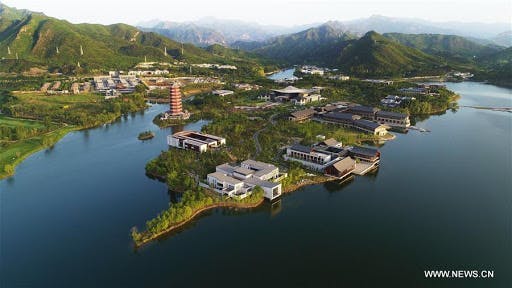What China signalled through Belt and Road Forum

I have been a China watcher for over 30 years. When I started journalism back in mid-1980’s and the wire service news would land at my desk for editing, it was clear that China – a poor country at the time – was at the receiving end. The US was the big bully at the time, and controlled all international media and the narrative. China’s human rights violations was the weapon that the US was using to humiliate China and the Western media blindly followed.
This appeared as an Op-Ed piece in respected Pakistani daily, The Nation on 19 May 2017.
Earlier piece on Belt and Road Forum: What is reshaping the world while we are unaware?
Things changed. China is now the world’s largest economy by GDP purchase power parity. By end of 2016, China was nearly three trillion dollars ahead of the US ($21.2 trillion vs $18.5 trillion). By GDP Nominal, China is still the second largest but the gap is closing fast and it may take China only a decade to take over the US by GDP Nominal as well ($18.5 trillion vs $11.5 trillion by end of 2016).
In terms of poverty, China brought its population in extreme poverty down to less than 2% in 2013 from 88% in 1981.
Another measure. Last year, a quarter of the world’s economic growth came from China alone. That’s a lot. And if we combine China with India and the US – the three countries that are contributing to world’s GDP growth now, the rest of the world combined only adds less than half a point GDP growth. Which means the rest of the world is practically sleeping.
Now, if you and I know this, the world capitals are also fully cognizant of this. China is now the poster child of the new rising world, and is about to replace the superpower that dominated the 20th century – first in economy, then in military. And now in global influence.
So when China organises a Belt and Road Forum in Beijing last weekend, everyone turns up. 29 heads of states or governments made it to the Forum on Sunday and a Roundtable on Monday. Belt and Road Initiative also used to be called One Belt, One Road, or OBOR.
Countries in East Asia, South Asia, Eastern Europe, Africa and South America – confronting poverty and poor infrastructure – consider China a role model to bring their population out of poverty and become respectable and livable countries. After many centuries of poverty, disease, conflicts, wars and deaths, there is now a hope in the world that the worst may be over, and we will begin to see a new world, led by China.
US President Trump stayed away and so did his Asian and G-7 European allies: Japan, South Korea, UK. Although the US sent a delegation at the last minute, and UK sent its Chancellor of Exchequer. India stayed away not just by being a US ally, but also because Pakistan’s presence at the Forum sores its eyes, mainly because of $55 billion China-Pakistan Economic Corridor (CPEC), which it says passes through what it calls ‘Pakistan-controlled Kashmir’. Also, because India sees itself another superpower equalling China, or at least close to it, in population size and by GDP PPP in 2050.
It’s only a matter of a few months or years that everyone will be coming to China’s orbit, because China’s new clout and influence is inescapable. You just need to watch this space.
In spite of being a China watcher, I never had the opportunity to visit China (not to mention that I have been to most continents in the world). This weekend gave me an opportunity to visit China and attend the Beijing Belt and Road Forum.
In his opening speech, what I really liked was President Xi Jinping’s emphasis on peace before prosperity. Xi knew that world is bitten by terrorism and conflicts – being perpetuated by vested interests (and countries) and it is harming the world peace and these countries’ chance to do better.
You can expect China to up the diplomatic effort around the world’s flashpoints and conflicting areas, starting with those with which China itself has disputes – Japan, Philippines, South Korea, US and India.
Another thing that struck me was that President Xi Jinping clearly knew his place in history. In his opening speech, Xi devoted a large amount of time on China’s history and how ancient Silk Road connected China with other civilisations in Asia, Europe and Africa. As part of the Belt and Road Initiative, Xi is now reviving the Silk Road knowing well that he is the chosen one to lead at this juncture of time. He is already being labelled as the most powerful Chinese leader since Mao.
Xi is also clear that the nature of Belt and Road partner country relationships has to be of ‘partnership’, and not of old-fashioned ‘alliance’ any more as the earlier world alignment in unipolar or bipolar world showed. (This was a reference to the way the US led the world in its time.)
Total trade between China and other Belt and Road countries in 2014-2016 exceeds $3 trillion, and China’s investment in these countries has surpasses $50 billion.
China not just has the influence, it also has the money. Plenty of it. During the Forum, China announced to add $14.5 billion to its existing $40 billion Silk Road Fund, which will invest in Belt and Road countries. China Development Bank and Exim Bank also offered lending schemes worth $38 billion and $19 billion respectively.
There are tons of additional money in other bilateral and global initiatives and humanitarian aid.
Beijing Belt and Road Forum was a show of strength to the US and its allies. It was a message of hope for the countries in Asia and Africa – Vietnam, Pakistan, Sri Lanka, Turkey, Philippines, Uzbekistan and Indonesia – five of which countries are likely to become Top-20 economies by GDP PPP in 2050.
Above all, it was a message of self-confidence for China itself that it had arrived at the world stage and the time of that Big Bully was up.
The next Belt and Road Forum will be held in 2019.
Tailpiece: The Beijing weather this weekend was very pleasant and windy. On the way to National Convention Centre for opening ceremony, when we were passing Beijing National Stadium, my Chinese liaison offer whispered that it’s called BRF Weather in Beijing, just like it was called Olympics Weather in 2008 Summer Olympics. I wondered: When China decides on event dates do they know what the weather will be like on those dates, or do they manipulate the weather to pleasant conditions through artificial and technological means?

Wali Zahid
Wali Zahid is a longtime China watcher and a Pakistan futurist. An award-winning journalist, he writes on issues of significance to Pakistan and CPEC & BRI.
Related posts


